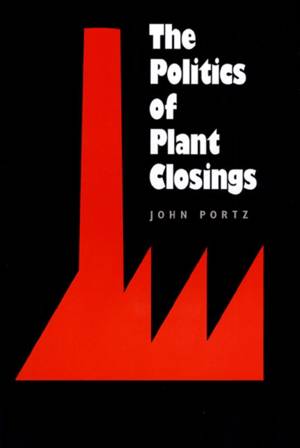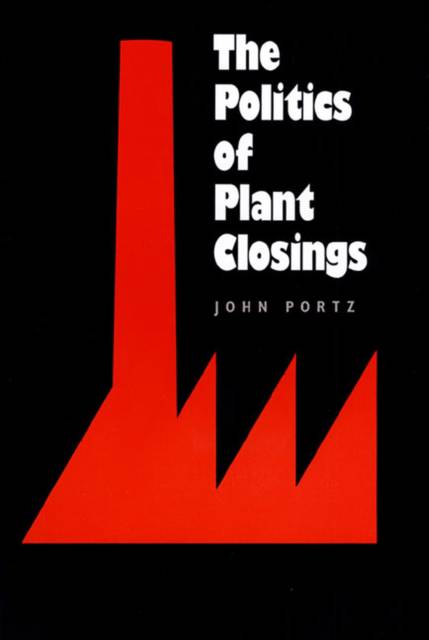
- Afhalen na 1 uur in een winkel met voorraad
- Gratis thuislevering in België vanaf € 30
- Ruim aanbod met 7 miljoen producten
- Afhalen na 1 uur in een winkel met voorraad
- Gratis thuislevering in België vanaf € 30
- Ruim aanbod met 7 miljoen producten
Omschrijving
The spectre of a plant closing can cast a deep shadow over a city. During the last fifteen years plant closings have eliminated about 15 million factory jobs and, as a result, brought economic devastation to numerous plant-dependent cities.
Other writers have chronicled the often catastrophic effects of these shutdowns on urban workers and their communities. John Portz is the first to provide an in-depth look at what local governments have done--and can do--to cope with these crises.
Portz combines a rich synthesis of the literature on urban politics and political economy with a close analysis of plant closings in Pittsburgh, Louisville, and Waterloo, Iowa, to illuminate the complexity of, constraints upon, and range of city government's efforts to control the economic damage caused by shutdowns.
When U.S. Steel attempted to close its plant near Pittsburgh, local governments in the area banded together to form the Steel Valley Authority and went head-to-head with corporate headquarters. A less aggressive stance was taken by the city officials of Waterloo, who tried to offset the effects of a meatpacking plant shutdown through creative financing and consensus-building among government, union, and company officials. In Louisville, crisis resolution efforts were dominated by private market forces, institutions, and individuals--the city government was relegated to the role of bystander.
Although the actions taken by the three city governments varied widely, all three cases illustrate both the dilemmas imposed upon the dependent city by a plant closing and the potential for creative and effective solutions.
Specificaties
Betrokkenen
- Auteur(s):
- Uitgeverij:
Inhoud
- Aantal bladzijden:
- 224
- Taal:
- Engels
- Reeks:
Eigenschappen
- Productcode (EAN):
- 9780700604739
- Verschijningsdatum:
- 28/06/1990
- Uitvoering:
- Paperback
- Formaat:
- Trade paperback (VS)
- Afmetingen:
- 154 mm x 228 mm
- Gewicht:
- 362 g

Alleen bij Standaard Boekhandel
Beoordelingen
We publiceren alleen reviews die voldoen aan de voorwaarden voor reviews. Bekijk onze voorwaarden voor reviews.











